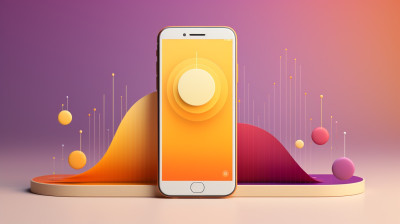As a business owner or executive, it's essential to understand how effective website design can contribute directly to overall success. Knowing how users interact with your site and what elements make up a successful user experience is essential for attracting visitors and creating conversions – when customers go from browsing the website to actually buying the products or services you offer. In this blog post, we will discuss some key factors behind effective web design so you have the necessary knowledge to ensure your website is set up perfectly for success.
User Experience (UX) Matters More Than Anything Else
The most important factor in an effective website design is user experience (UX). UX ensures visitors find what they're looking for quickly and easily by providing straightforward navigation, fast loading times, and intuitive website functionality. The easier it is for users to find what they need on your website, the higher the chance of converting into paying customers.
Responsive Design Is Non-Negotiable
Responsive design is an absolute must in today's digital world. Your website needs to be optimised for mobile devices to give users the best possible experience no matter where they are accessing it. Mobile optimisation should include the following: Page speed optimisation. Clickable navigation buttons. Easy-to-read text. Clear call-to-actions (CTAs).
Design Elements Make All The Difference
No matter how functional your website may be, people will only stay on it briefly to take action if it doesn't look good. This means that aesthetics play a huge role in effective web design – if someone lands on your home page and finds it visually appealing, they are much more likely to stick around than if they land on a page that looks drab or uninviting. Incorporating visuals like high-quality photos and videos and vibrant colours can help draw people in and encourage them to explore what you have to offer further. You should also pay attention to typography – choose fonts that are easy to read across all devices and platforms so viewers don't get frustrated trying to decipher text on their smaller screens.
Effective web design is about more than just aesthetics - it includes ensuring that users have an enjoyable experience when navigating through your site, optimising it for mobile use, and incorporating visuals that capture visitors' attention immediately. If all of these elements come together seamlessly, you can rest assured that your site will be set up perfectly for success! So remember - focus on user experience when creating a new website or revamping an existing one, and make sure everything looks great, too! That way, you can ensure maximum conversions each time someone visits your site.









